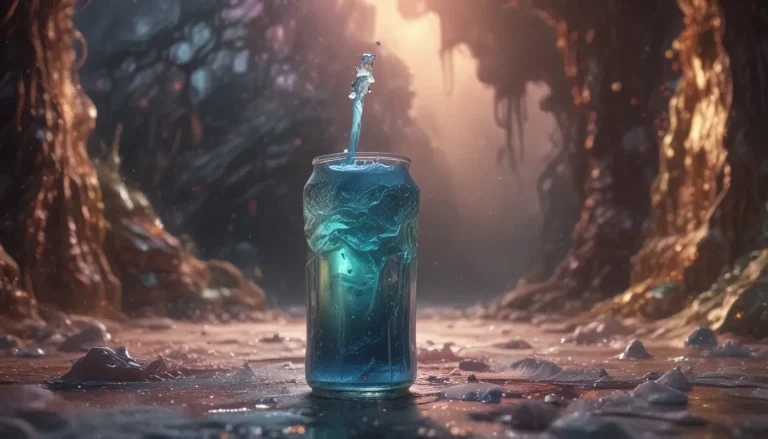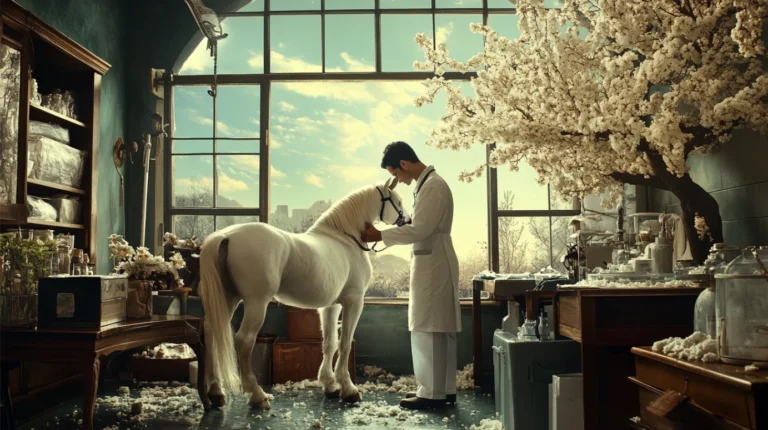Have you ever woken up from a dream where you were drinking alcohol, feeling confused or curious about its significance? Dreams about alcohol can be perplexing, especially if you don’t regularly consume it in your waking life. However, these dreams often carry deeper meanings and can provide valuable insights into your subconscious mind.
In this article, we’ll explore the various interpretations of alcohol dreams, the potential reasons behind them, and how to use this knowledge for personal growth and self-reflection.
Common Themes in Alcohol Dreams

Alcohol dreams can manifest in different ways, but some common themes include:
- Drinking alcohol in social settings, such as parties or gatherings
- Feeling intoxicated or out of control
- Struggling with alcohol addiction or dependency
- Witnessing others consuming alcohol excessively
- Experiencing guilt or shame related to alcohol consumption
While the specific details of your dream may vary, understanding these common themes can help you better interpret the message your subconscious is trying to convey.
Interpretations of Alcohol Dreams

- Escaping Reality: Dreaming about alcohol may symbolize a desire to escape from the stresses and pressures of daily life. Just as some people use alcohol to cope with difficult emotions or situations, your dream may reflect a need for temporary relief or distraction.
- Loss of Control: If you dream of being intoxicated or unable to control your alcohol consumption, it could signify a fear of losing control in some aspect of your waking life. This may relate to work, relationships, or personal habits that feel overwhelming or unmanageable.
- Suppressed Emotions: Alcohol dreams can also represent emotions that you’ve been suppressing or avoiding. The intoxicating effects of alcohol in your dream may mirror a need to confront and process these underlying feelings, such as anger, sadness, or anxiety.
- Social Pressure: Dreams involving alcohol in social settings may reflect a sense of peer pressure or a desire to fit in. This could stem from insecurities or a fear of being judged by others, especially in situations where alcohol is a central focus.
- Addiction and Dependency: For individuals with a history of alcohol abuse or addiction, dreams about alcohol can be a manifestation of the ongoing struggle with sobriety. These dreams may serve as a reminder of the challenges faced and the importance of maintaining a healthy, substance-free lifestyle.
- Celebration and Indulgence: On a more positive note, alcohol dreams can also symbolize a sense of celebration, joy, or indulgence. This may be particularly relevant if the dream occurs during a time of achievement, success, or milestone events in your life.
Factors Influencing Alcohol Dreams

Several factors can contribute to the occurrence and content of alcohol dreams, including:
- Personal Experiences: Your own relationship with alcohol, whether positive or negative, can shape the nature of your dreams. Past experiences, traumas, or associations related to alcohol may also influence your subconscious mind.
- Cultural and Social Norms: The prevalence and acceptability of alcohol consumption within your culture or social circles can impact the frequency and significance of alcohol dreams. Dreams may reflect the attitudes and behaviors surrounding alcohol in your waking life.
- Stress and Anxiety: Periods of high stress or anxiety can trigger alcohol dreams as a manifestation of the desire for relief or escapism. The dream may serve as a coping mechanism or a subconscious attempt to process and manage these challenging emotions.
- Medications and Substances: Certain medications, such as antidepressants or sleep aids, can affect the content and vividness of dreams. Additionally, consuming alcohol or other substances before bedtime may influence the likelihood and nature of alcohol-related dreams.
Using Alcohol Dreams for Personal Growth
While alcohol dreams can be unsettling or confusing, they also provide an opportunity for self-reflection and personal growth. Here are some steps you can take to gain insight from your alcohol dreams:
- Keep a Dream Journal: Record your dreams, including any alcohol-related content, as soon as you wake up. Note down the specific details, emotions, and any other relevant information. Over time, patterns or recurring themes may emerge, offering valuable insights into your subconscious mind.
- Reflect on Your Waking Life: Consider the current circumstances and challenges in your waking life that may be influencing your dreams. Are you facing stress, anxiety, or unresolved emotions? Identifying these connections can help you better understand the message behind your alcohol dreams.
- Explore Your Relationship with Alcohol: Reflect on your personal history and current relationship with alcohol. Are there any past experiences or traumas that may be surfacing in your dreams? Consider whether your alcohol consumption habits are healthy and aligned with your overall well-being.
- Seek Professional Support: If alcohol dreams are frequent, distressing, or indicative of underlying mental health concerns, consider seeking support from a therapist or counselor. They can provide guidance in exploring the deeper meanings behind your dreams and developing healthy coping strategies.
- Practice Mindfulness and Stress Management: Engaging in mindfulness practices, such as meditation or deep breathing exercises, can help you better manage stress and anxiety in your waking life. By reducing overall stress levels, you may find that alcohol dreams become less frequent or intense.
Frequently Asked Questions
Are alcohol dreams a sign of alcohol addiction?
While alcohol dreams can be a reflection of struggles with addiction, they do not necessarily indicate a substance abuse problem. However, if you are concerned about your alcohol consumption or experience frequent, distressing dreams related to alcohol, it’s essential to seek professional guidance and support.
Can alcohol dreams be prophetic or predictive?
Dreams, including those involving alcohol, are primarily a reflection of your subconscious mind and current life circumstances. While some people may attribute prophetic or predictive qualities to their dreams, there is no scientific evidence to support this belief. It’s essential to approach dream interpretation with an open and curious mindset, rather than seeking definitive answers or predictions.
How can I stop having alcohol dreams?
Preventing alcohol dreams entirely may not be possible, as dreams are a natural part of the sleep cycle. However, by addressing underlying stressors, practicing healthy coping mechanisms, and maintaining a balanced relationship with alcohol, you may find that the frequency or intensity of alcohol dreams diminishes over time. If alcohol dreams persist and cause significant distress, consider seeking support from a mental health professional.
Conclusion
Alcohol dreams can be puzzling, but they offer a unique window into your subconscious mind. By understanding the common themes, interpretations, and factors influencing these dreams, you can gain valuable insights into your emotions, experiences, and overall well-being.
Remember, dream interpretation is a personal and subjective process. What resonates with one person may not hold the same significance for another. Trust your intuition and be open to exploring the messages your subconscious is trying to convey.
If alcohol dreams are causing distress or reflecting underlying concerns, don’t hesitate to seek support from loved ones or professionals. With self-reflection, healthy coping strategies, and a commitment to personal growth, you can navigate the complex landscape of alcohol dreams and use them as a tool for self-discovery and transformation.







